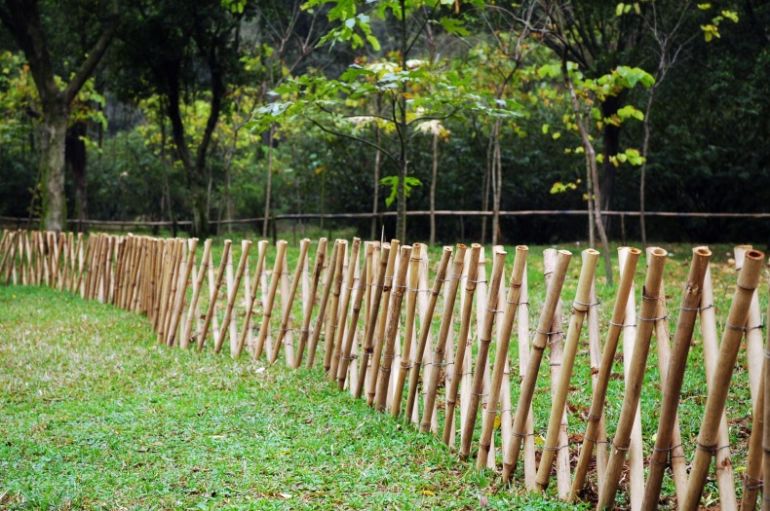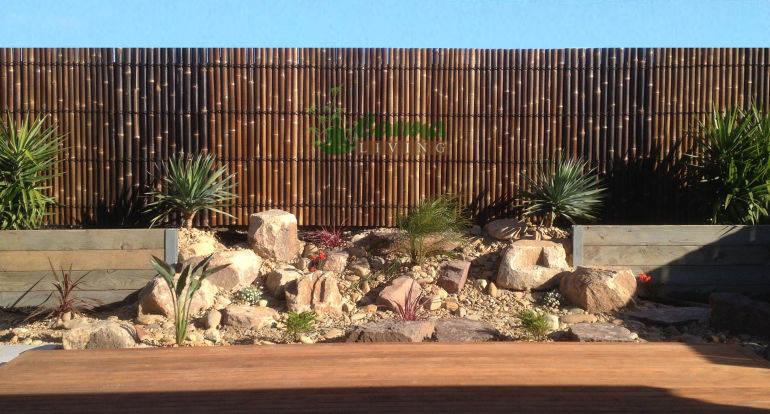Choosing The Right Fencing
Whether you’re opting for DIY or calling in the professionals, erecting a fence can be a big job and one which requires some measured forethought. As a homeowner, you are bombarded with options when it comes to fencing materials - so how can you sift through the choices to find something which works for you and your home?
Consider your purpose
Are you looking to create a little more privacy or simply enhance the value of your backyard? Different materials are suited to different purposes. If your fence-building is motivated by safety concerns - that is, the protection of kids or pets - you may need to select a design which can withstanding digging and jumping. Vinyl fences are especially suitable, since they don’t splinter. For those seeking noise reduction, heavier materials are best. Aluminium is perfect for use around swimming pools and water features, since it is reasonably rust-resistant and easily cleanable. Timber fences come in many varieties and styles.
Consider your budget
Installation costs and maintenance costs are vastly different. Wooden fencing will usually require the most work (read: annual restaining) but is certainly a valued material when it comes to marketing your home. Aluminium and vinyl are good low-maintenance choices but, unlike wooden fences which can be easily repaired with the replacement of a single slab, they can be more difficult to fix - especially if the manufacturer is no longer making that product. Vinyls, however, make great low-budget alternatives to traditional wooden fences. Hotter climates might find aluminium a bit of a hazard. Depending on how long you’re planning to remain on your property, material lifespan may or may not be an issue.
Consider your environment
If your property is unusually mountainous, if the terrain quality is weak or if your yard has strange dimensions, your choice of material may be restricted. In urban areas, you may want to consider the neighbourhood norms and whether whacking an uber-modern metal slab in between endless rows of ornate wrought iron is really going to make you the most popular kid on the block.
Wooden fences
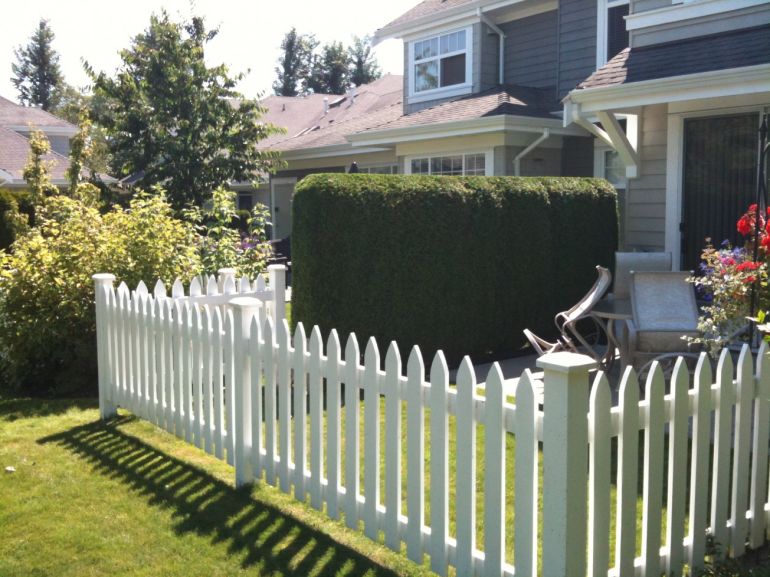
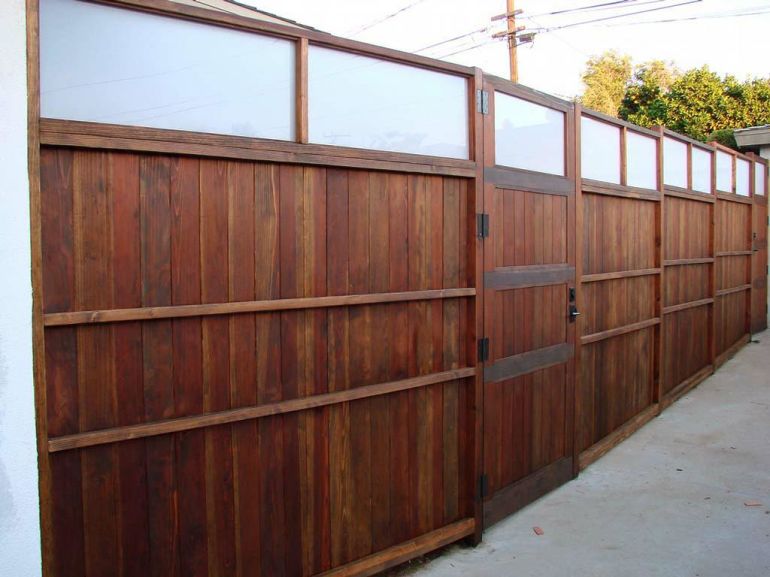
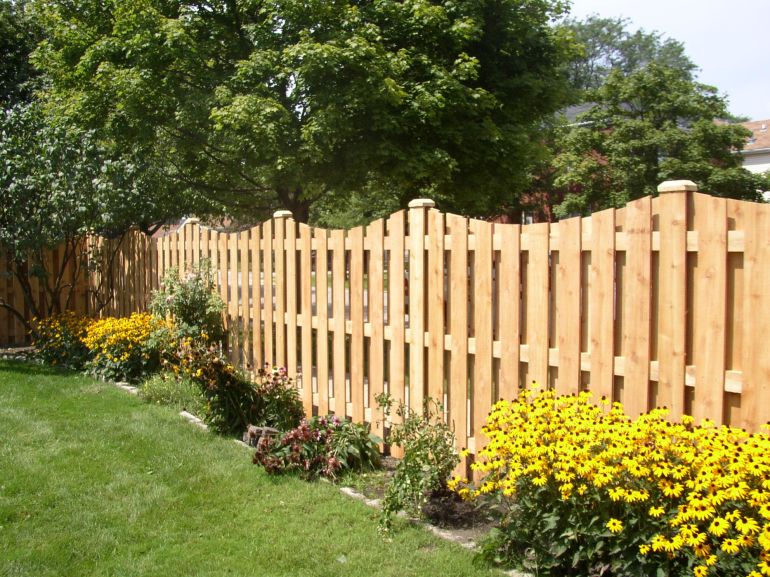
Aluminium fences
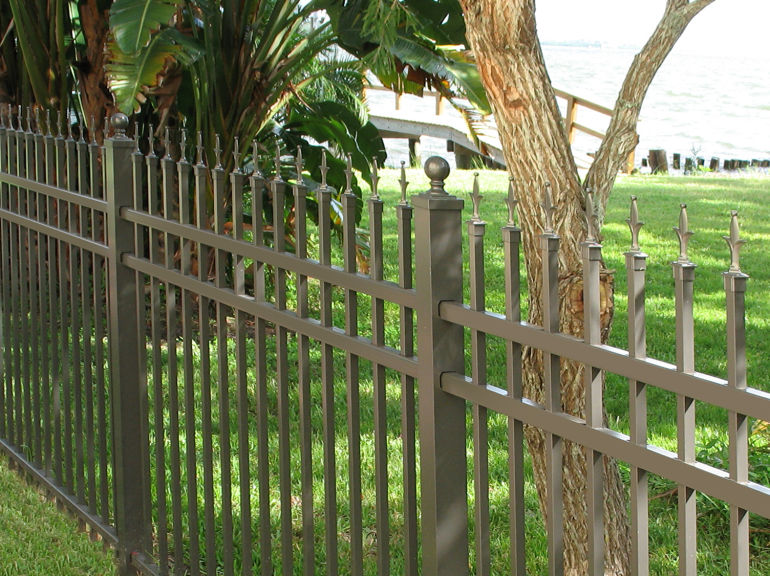

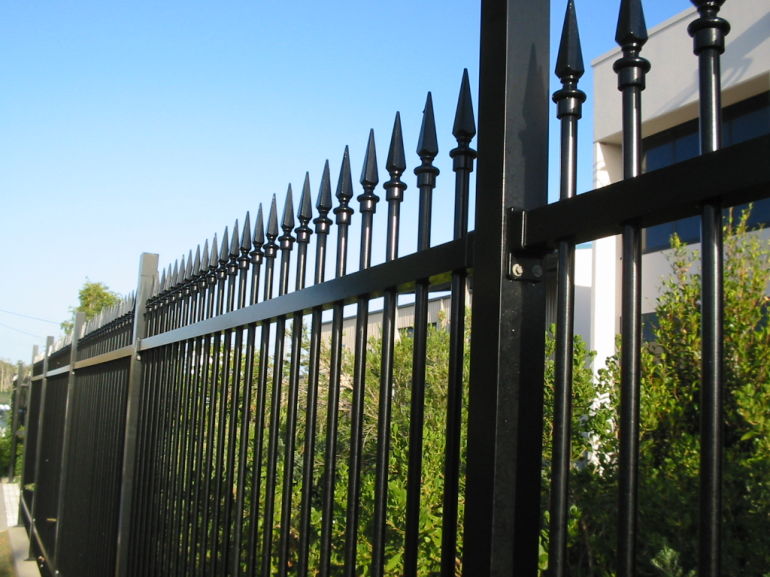
Vinyl fences
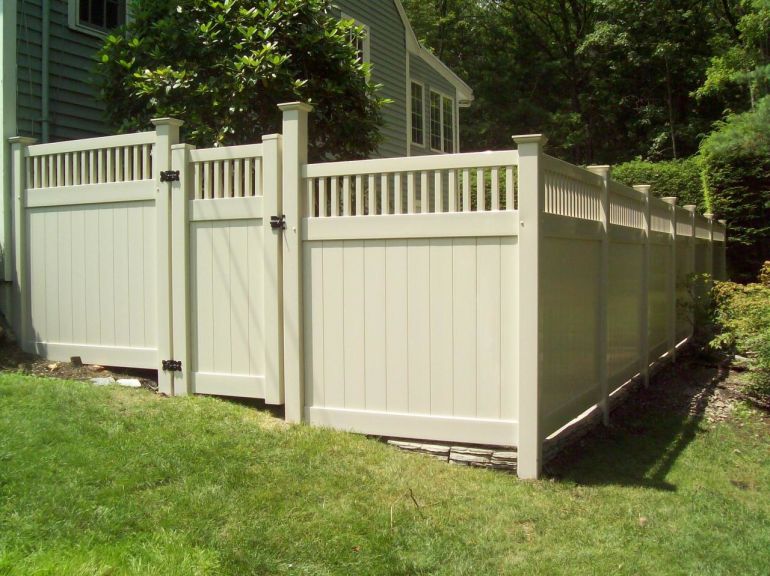

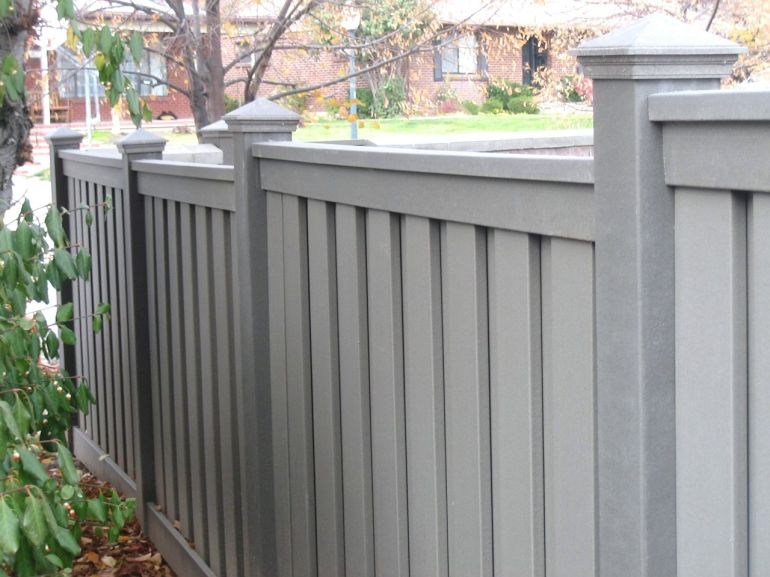
Wrought iron fencing
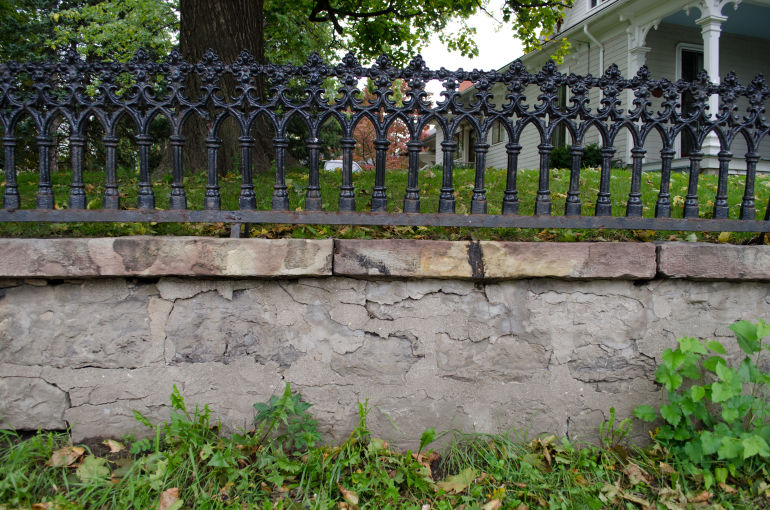
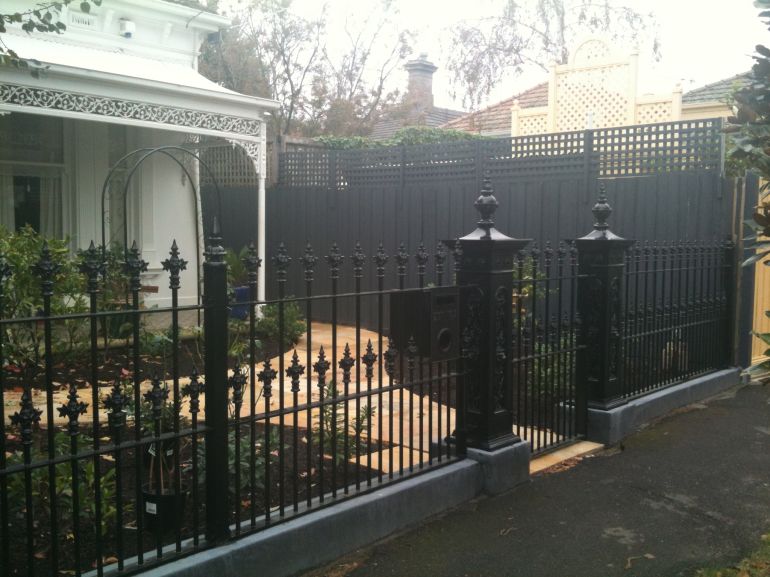
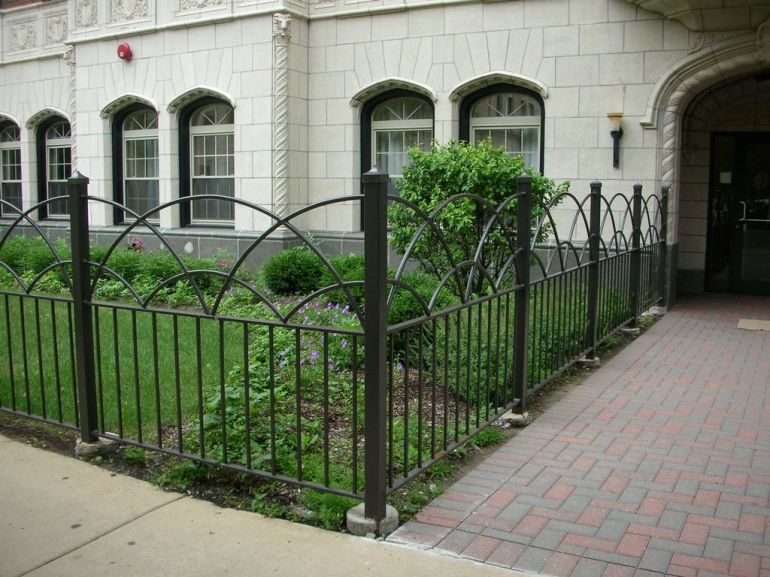
Chain-link fencing

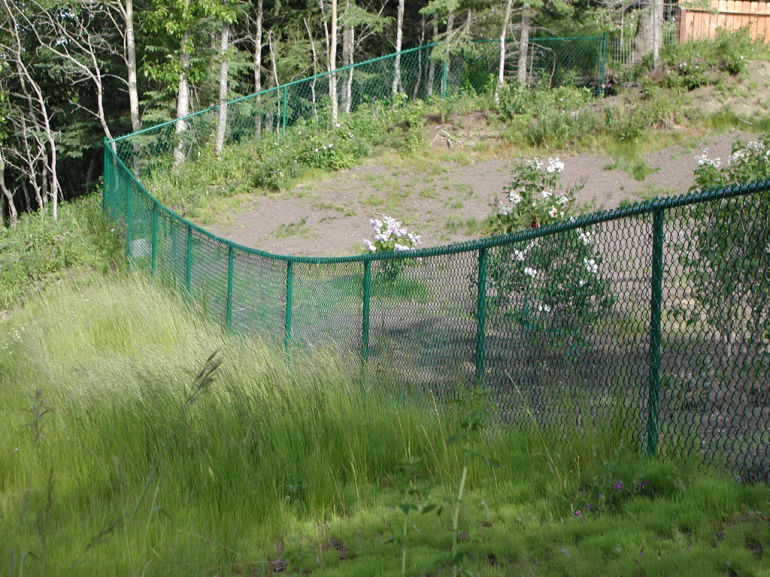
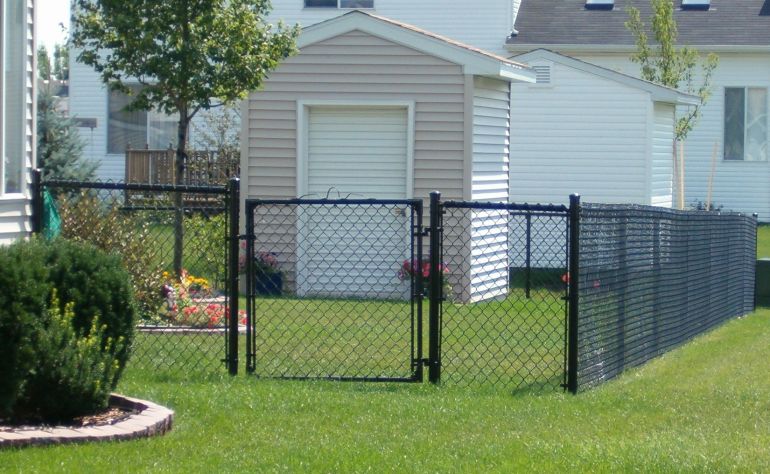
Lattice fencing
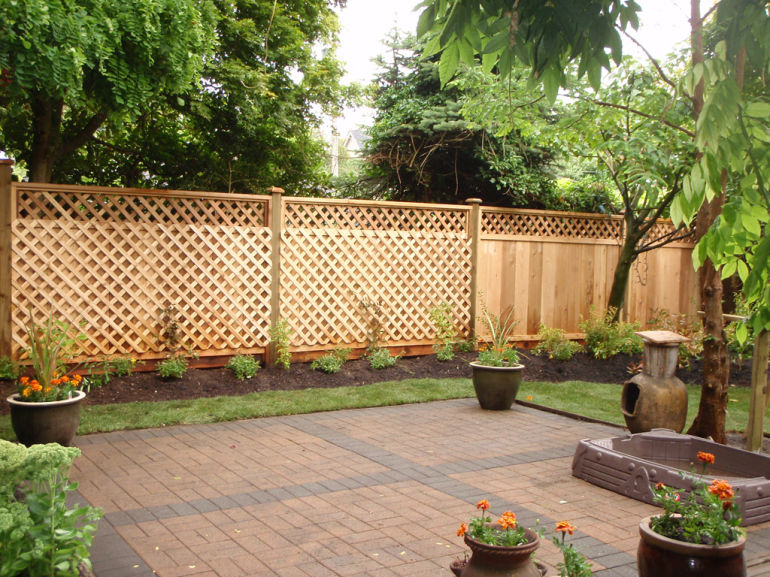
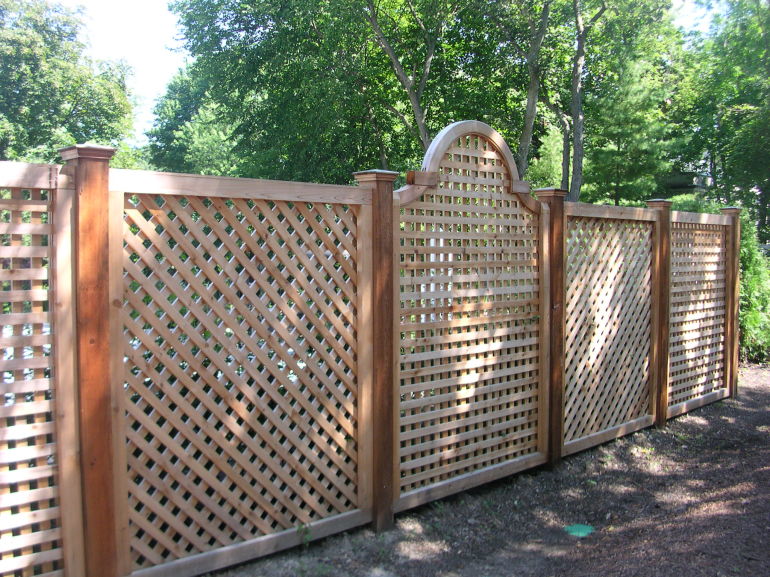
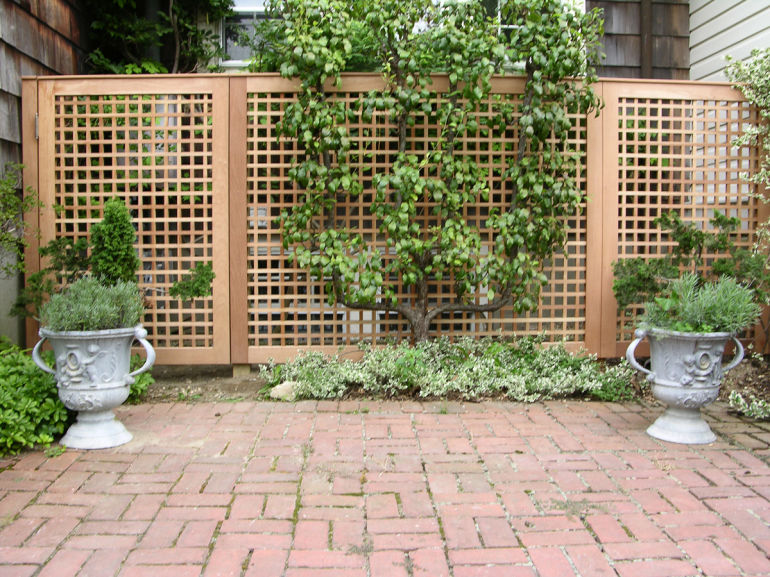
Bamboo fencing

